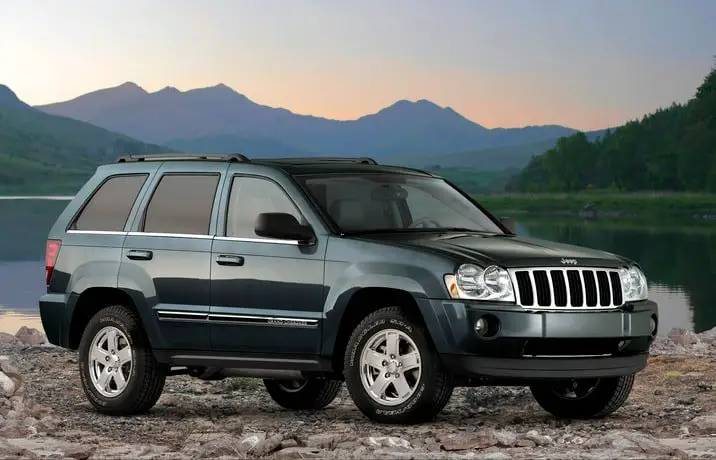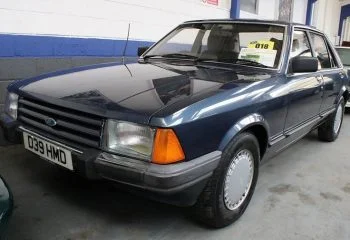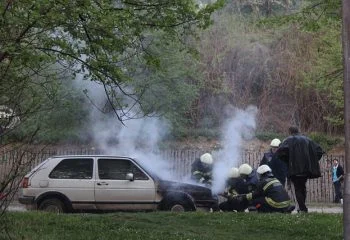The Jeep Grand Cherokee is a great vehicle. But like any car, it’s not perfect. One of the most common problems that Jeep Grand Cherokee owners face is the transmission overheating.
Transmission overheating can cause a lot of damage to your vehicle. It can cause the transmission fluid to break down, which can lead to expensive repairs or even replacement. Transmission overheating can also cause the gears to seize up, which can be very dangerous.
Fortunately, there are a few things that you can do to prevent your Jeep Grand Cherokee’s transmission from overheating. In this blog post, we’ll cover the most common causes of transmission overheating and what you can do to fix them.
What's in this post?
What Is The Ideal Transmission Temperature For Jeep Grand Cherokee?
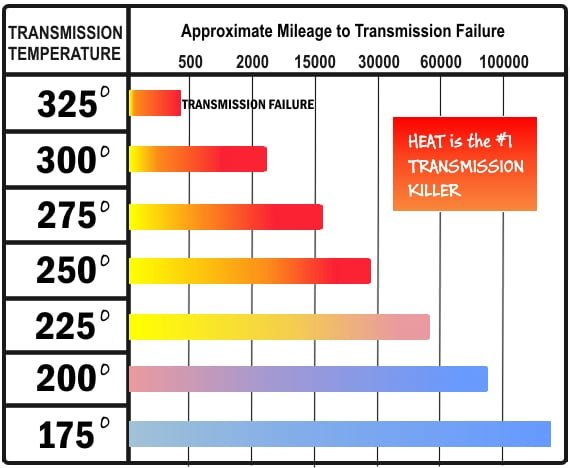
Your transmission is responsible for transferring power from the engine to the wheels. Transmission fluid helps keep the transmission cool and lubricated, which is necessary for proper functioning.
The ideal transmission temperature for a Jeep Grand Cherokee is between 175 and 200 degrees Fahrenheit.
However, it’s important to note that this range is only for “normal” driving conditions. If you’re driving in stop-and-go traffic or in extreme heat, your transmission temperature may rise above 200 degrees. That’s why it’s important to have a good transmission cooler installed in your Jeep Grand Cherokee.
If you don’t have a transmission cooler, or if your transmission cooler is not working properly, your transmission temperature could quickly climb to dangerous levels.
That’s why it’s important to have your Jeep Grand Cherokee’s transmission checked regularly by a qualified mechanic. They will be able to tell you if your transmission is running at the correct temperature and make recommendations on how to keep it running at its best.
What Does Jeep Grand Cherokee Transmission Over Temp means?
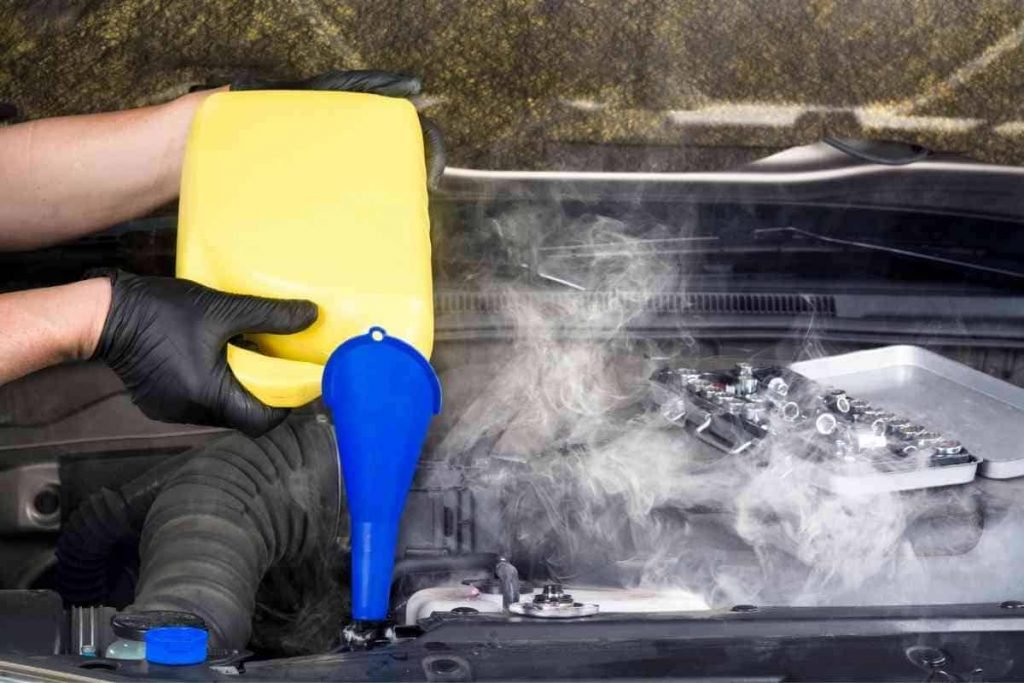
Here’s what you need to know about transmission over temperature in Jeep Cherokees. First, it’s important to understand that there are two different types of transmissions—automatic and manual. Automatic transmissions have a fluid coolant system that helps keep the transmission working properly and prevent overheating. Manual transmissions don’t have a fluid coolant system, so they can overheat more easily.
That’s why the message “transmission over temp” is more likely to pop up in a Jeep Cherokee with a manual transmission. If your Jeep has an automatic transmission, you might see the message if you’re doing a lot of stop-and-go driving in hot weather. But as long as you’re not driving too long in stop-and-go traffic, you shouldn’t have to worry about your transmission overheating.
If you do see the “transmission over temp” message, it’s important to take action right away. The first thing you should do is pull over and turn off your engine. Once your engine is off, open the hood and let your Jeep cool down for at least 30 minutes. Once your Jeep has cooled down, check the transmission fluid level and add more fluid if necessary.
What Causes Jeep Grand Cherokee transmission over temp? and How to fixes
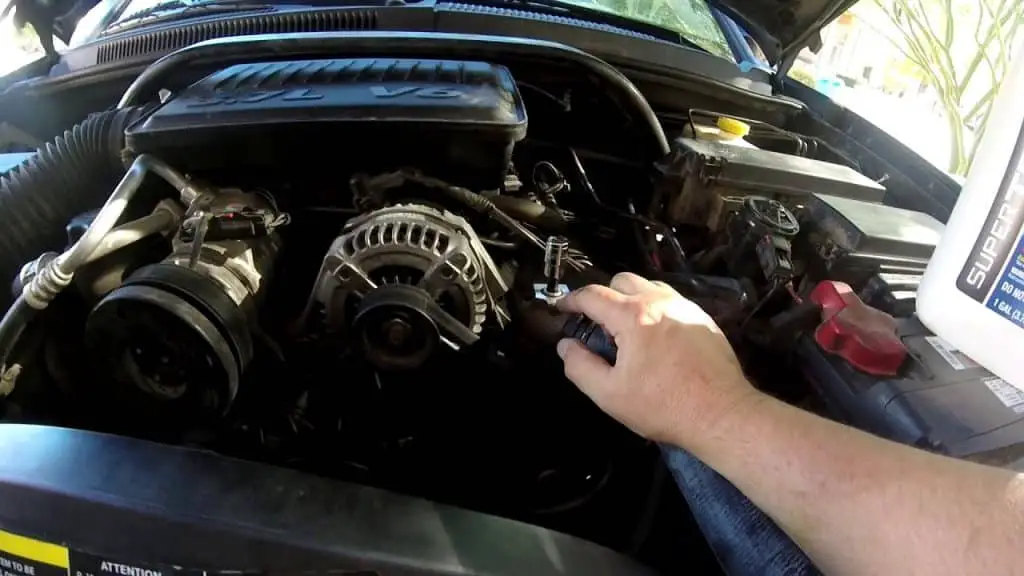
Cause #1: Not Enough Transmission Fluid
One of the most common causes of transmission overheating is not enough transmission fluid. When your Jeep Grand Cherokee doesn’t have enough transmission fluid, it has to work harder to move the gears, which causes it to overheat.
To fix this problem, you’ll need to add more transmission fluid to your Jeep Grand Cherokee. You can find the transmission fluid dipstick under the hood; just follow the yellow cap. Add transmission fluid until it reaches the “full” line on the dipstick.
If you’re unsure of what kind of transmission fluid to use, consult your owner’s manual or ask a mechanic. Using the wrong type of transmission fluid can actually make the problem worse.
Cause #2: Old or Dirty Transmission Fluid
Another common cause of transmission overheating is old or dirty transmission fluid. Over time, transmission fluid breaks down and becomes less effective at lubricating and cooling the gears. This causes the gears to work harder and overheat.
To fix this problem, you’ll need to flush your Jeep Grand Cherokee’s transmission system and replace the old fluid with fresh, clean fluid. You can do this yourself or take it to a mechanic.
Cause #3: Faulty solenoid
One possible cause of transmission over temperature is a faulty transmission solenoid. The solenoid is responsible for controlling the flow of transmission fluid, and if it isn’t working properly, the fluid can overheat. You’ll need to have a certified mechanic check your transmission solenoid to see if it needs to be replaced.
Cause #4: Weather conditions
Another possible cause of transmission over temperature is driving in extreme weather conditions. If it’s extremely hot or cold outside, this can put extra strain on your transmission and cause it to overheat. Try to avoid driving in extreme weather conditions if possible, or take extra care of your transmission by having it serviced regularly.
Cause #5: Cooling System Issues
The third most common cause of transmission overheating is cooling system issues. Your Jeep Grand Cherokee’s cooling system is responsible for keeping the transmission cool by circulating coolant through it. If there’s a problem with the cooling system, the coolant won’t be able to do its job and the transmission will overheat.
There are a few different things that could be wrong with your Jeep Grand Cherokee’s cooling system:
- The coolant level could be low
- There could be a leak in the cooling system
- The radiator might be clogged
- The water pump might be failing
- The thermostat could be stuck closed
- The fan clutch might be failing
If you suspect that there’s a problem with your Jeep Grand Cherokee’s cooling system, take it to a mechanic as soon as possible so they can diagnose and fix the issue before it causes serious damage to your vehicle.
Cause #6: False Over Temp Message
There are a few different things that can cause the false overheating message in Jeep Grand Cherokees. The most common cause is actually physical damage to the transmission temperature sensor. This sensor is located near the transmission fluid cooler, and it’s responsible for sending data to the vehicle’s computer about the transmission fluid temperature. If this sensor is damaged, it can cause the computer to misinterpret the data and trigger the overheating message.
Another common cause is software issues. In some cases, an error in the software that controls the transmission temperature sensor can cause the same false overheating message. This is typically caused by an incorrect calibration of the sensor or a problem with the software itself. Fortunately, this type of issue can usually be resolved with a simple software update from your Jeep dealer.
Finally, extreme outside temperatures can also cause the false overheating message. This is because the transmission fluid expands when it gets hot, which can cause pressure build-up in the system and trigger the message. However, this is not really an issue because the transmission fluid will cool down once you turn off the engine and allow it to rest for a bit.
Cause #7: Towing a Heavy Load
If you’re regularly using your Jeep Grand Cherokee to tow a heavy load, this can also lead to transmission over temperature. Whenever possible, try to reduce the weight of the load you’re towing so that your transmission doesn’t have to work as hard. You should also have your Jeep’s transmission serviced more often when you’re doing a lot of towing.
Cause #8 Engine is running too hard
If your engine is running too hard, it can cause the engine to overheat. This can be a serious problem, as an overheated engine can lead to engine failure. There are a few things that can cause your engine to run too hard, so it’s important to be aware of them.
First, if you’re driving in hot weather, your engine will have to work harder to keep cool.
Second, if you’re stuck in traffic or idling for long periods of time, your engine will also have to work harder.
Finally, if you’re carrying a heavy load or pulling a trailer, your engine will have to work harder than usual. If you notice that your engine is starting to overheat, pull over and let it cool down for a few minutes. If the problem persists, call a tow truck or mechanic as soon as possible.
Cause #9 Leak in the seals or gaskets
When a transmission overheats, it is usually due to a leak in the seals or gaskets. These seals and gaskets are designed to keep fluid in and contaminants out. Over time, they can become worn or damaged, allowing fluid to leak out and contamination to enter the system.
This can cause the transmission to overheat, resulting in damage to the internal components. In some cases, an overheating transmission may simply need to be refilled with fresh fluid. However, if the seals or gaskets are damaged, they will need to be replaced in order to prevent future leaks.
What are the symptoms of transmission over temp?
Transmission over temperature can cause a wide variety of problems for your Jeep, some of which may not be immediately apparent. That’s why it’s important to be on the lookout for the following symptoms:
- The “check engine” light is illuminated on the dashboard.
- The transmission fluid is leaking from the vehicle.
- The transmission fluid is burnt or has an abnormal odor.
- The vehicle is shifted into neutral when coming to a stop instead of first gear.
- The vehicle hesitates or “shudders” when accelerating.
- The vehicle jerks or “jumps” when shifting gears.
- There is a general feeling of decreased power when driving.
If you notice any of the above symptoms, it’s important to take your Jeep to a qualified mechanic right away so they can diagnose and fix the problem. Transmission over temperature can cause extensive damage to your Jeep if it’s not dealt with in a timely manner, so don’t delay!
How to Cool Down Your Transmission Fast
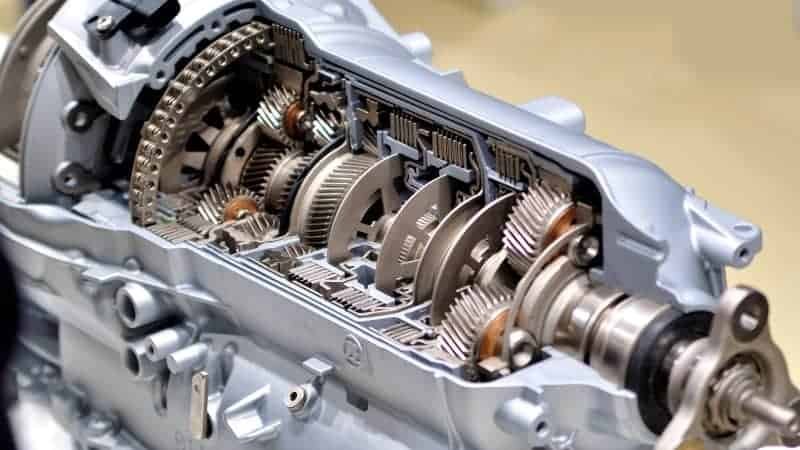
If you own a Jeep, then you know that one of the most important things to maintain is your transmission. These hard-working machines can overheat quickly, and when they do, it can be a real pain. We’ll show you how to cool down your transmission fast so that you can get back on the road in no time.
- Park your Jeep in a shady spot. If possible, find a spot where there is a breeze. This will help to evaporate any excess heat from the transmission fluid.
- Pop the hood and give the engine a once-over. Make sure that all of the fluids are at the correct levels and that there are no leaks.
- Take a look at the radiator and see if there is anything blocking the flow of air. If so, clear it away so that the coolant can do its job properly.
- Check the hoses leading to and from the radiator. Make sure that they are not kinked or blocked in any way.
- Start the engine and let it idle for a few minutes. This will allow the coolant to circulate properly and start cooling down the engine and transmission.
Remember, it’s always better to prevent your Jeep from overheating in the first place by regularly checking fluids and keeping an eye on the temperature gauge. However, if your Jeep does overheat, follow these steps to cool it down fast so that you can get back on the road as soon as possible.
What are the Consequences if Grand Cherokee transmission temp is too high?
If the transmission temperature gets too high, the transmission can go into “limp mode.” This means that the transmission will only be able to operate in one gear. This can be very dangerous because it may not be able to safely get you out of traffic or up a hill.
If you ignore high transmission temperatures and continue driving, you risk doing serious damage to your engine. The transmission fluid can start to break down, which will lead to gears grinding and eventually seized bearings. This type of damage is expensive to repair and can result in your Grand Cherokee being out of commission for weeks or even months.
How can I prevent Transmission temperature from getting too high?
There are a few things that can cause your transmission temperature to rise. One of the most common causes is excessive idling. When you idle for too long, your Jeep’s engine isn’t able to cool down properly, which can cause your transmission fluid to overheat. Additionally, if you frequently drive in stop-and-go traffic, that can also lead to overheating.
If you live in a hot climate, that can also be a factor. Hotter climates mean that your Jeep’s engine has to work harder to stay cool, which can put a strain on the cooling system and lead to higher transmission temperatures.
Fortunately, there are a few things you can do to prevent your transmission temperature from getting too high. One of the best things you can do is invest in a transmission cooler. A transmission cooler helps to regulate the temperature of your transmission fluid, and it’s a must-have if you live in a hot climate or do a lot of stop-and-go driving.
Additionally, make sure you’re using the right type of transmission fluid for your Jeep. There are different types of fluids for different types of Jeep engines, and using the wrong fluid can lead to overheating. You should also check your Jeep’s cooling system regularly to make sure it’s operating properly and has enough fluids.
How much does a transmission fluid change cost?
On average, a transmission fluid change will cost you between $240 and $300. Of course, this price can vary depending on a number of factors, such as the type of vehicle you have, where you live, and the intensity of the service.
If you own a Jeep, for example, you can expect to pay on the higher end of that spectrum. That’s because Jeep transmissions are particularly complex, and require special attention during a fluid change. As such, you should only entrust your Jeep to a qualified technician who has experience working with this type of vehicle.
Not sure where to take your car for a transmission fluid change? Many auto shops offer this service, so it shouldn’t be too difficult to find a reputable one in your area. Once you’ve found a few places that look promising, be sure to read reviews from past customers to get an idea of what their experiences were like.
If you own a Jeep Grand Cherokee, chances are you’ve experienced transmitted overheating at some point or another—especially if you live in a hot climate where transmissions are put under extra strain from high temperatures.
Thankfully, there are a few things that you can do to prevent your Jeep Grand Cherokee’s from experiencing this problem again in the future. By following some simple tips and maintenance procedures for keeping your car in good condition overall!

